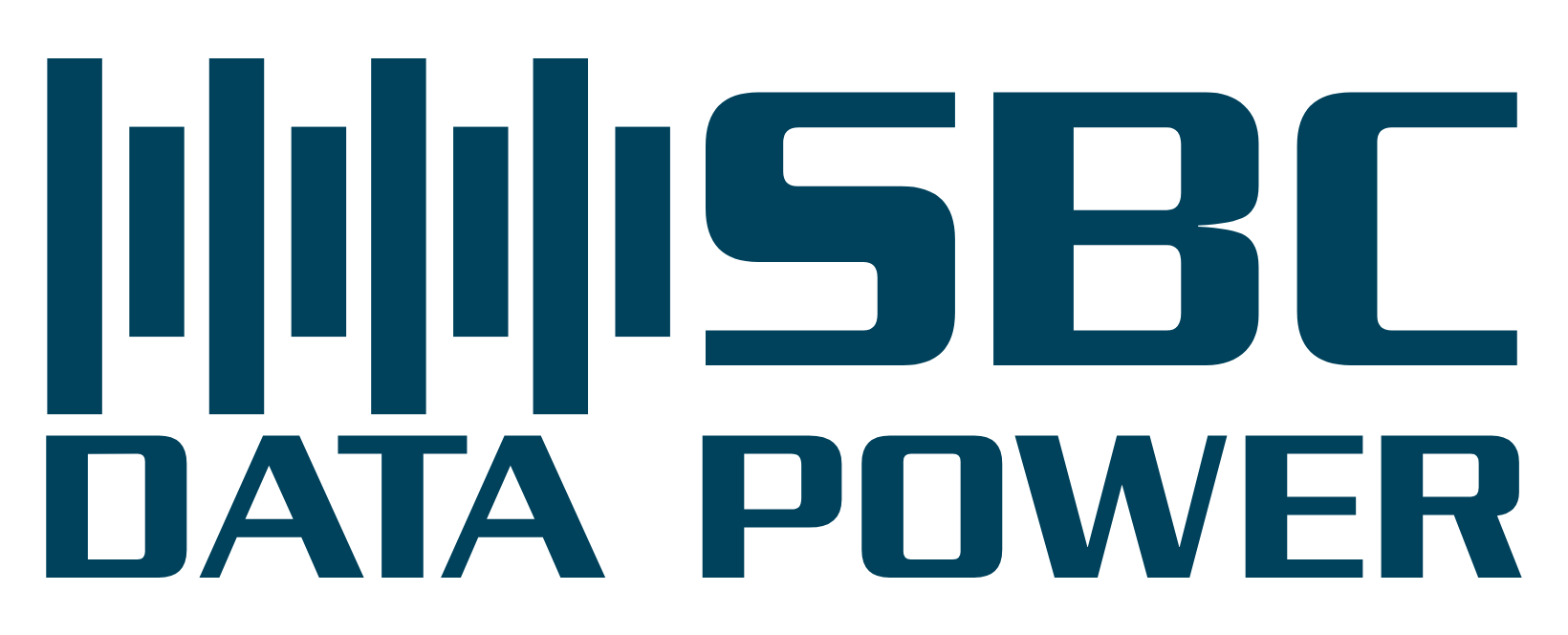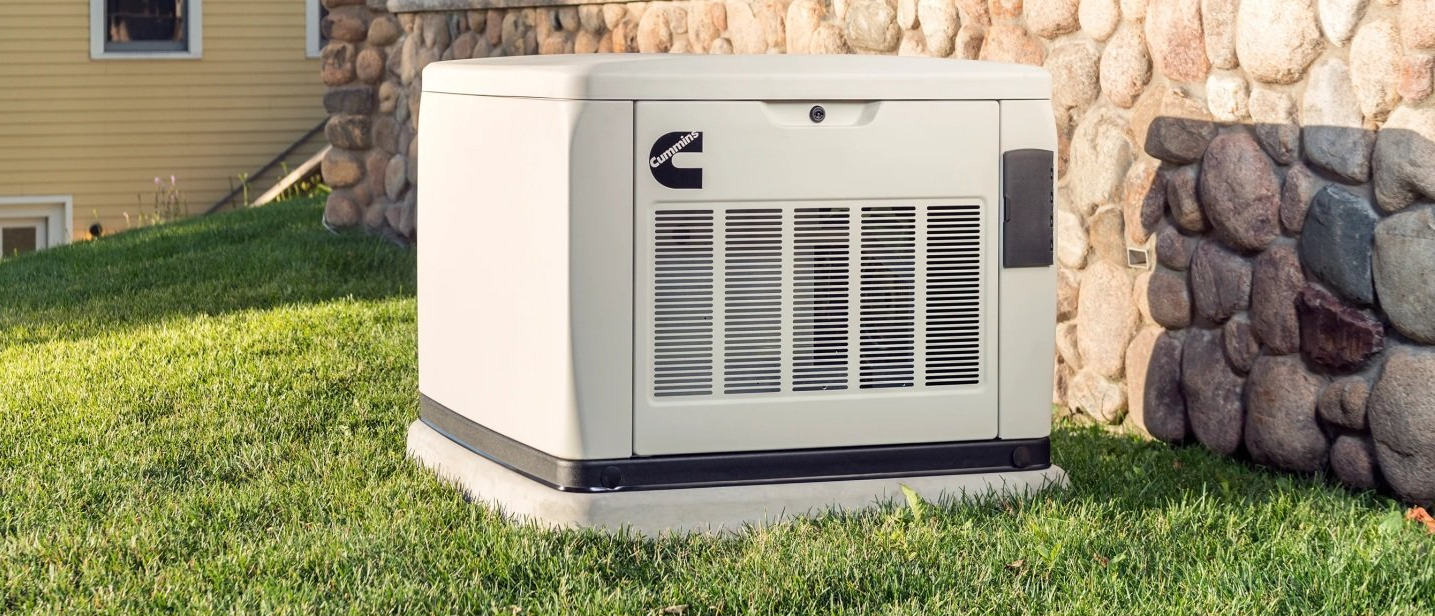Ready to power your operations with reliability and excellence? Call us today at 949-646-8191
The Ultimate Guide to Emergency Power Systems
Ensuring Uninterrupted Power Supply During Crises

In today's world, where power outages can strike unexpectedly, having reliable emergency power systems is crucial for both homes and businesses. From natural disasters to grid failures, ensuring that your property remains powered can make a significant difference. This comprehensive guide will cover everything you need to know about emergency power systems, backup power solutions, and how to choose the best option for your needs.
Understanding Emergency Power Systems
Emergency power systems are designed to provide an uninterrupted power supply (UPS) during power outages. These systems can range from small, portable generators to large-scale installations capable of powering entire buildings. The primary goal is to ensure that essential functions and operations can continue without interruption.
Types of Backup Power Solutions
There are various types of backup power solutions available, each with its own advantages and ideal use cases:
- Uninterruptible Power Supply (UPS) Systems: These systems provide immediate power to critical devices, ensuring that there is no downtime during an outage. UPS systems are commonly used in IT environments, medical facilities, and other settings where continuous power is vital.
- Generators for Emergencies: Generators are a popular choice for both residential and commercial backup power. They can run on various fuels, including gasoline, diesel, and natural gas. Generators are ideal for providing extended power during prolonged outages.
- Residential Emergency Power: For homeowners, having a reliable source of emergency power can protect against the inconvenience and potential hazards of power outages. Options range from portable generators to whole-house systems that automatically switch on during an outage.
- Commercial Backup Power: Businesses need reliable power to maintain operations and protect sensitive data. Commercial backup power systems are designed to support large loads and can include both UPS systems and generators.
Choosing the Best Emergency Power Systems
When selecting an emergency power system, consider the following factors:
- Power Requirements: Determine the total wattage needed to power essential devices and systems during an outage. This will help you choose the appropriate size and type of backup power solution.
- Fuel Type: Generators can run on different fuels, each with its own pros and cons. For example, diesel generators are known for their durability and efficiency, while natural gas generators offer a continuous fuel supply from your home's gas line.
- Runtime: Consider how long the backup power system can operate before needing refueling or recharging. This is particularly important for areas prone to long-duration outages.
- Automatic vs. Manual Operation: Automatic transfer switches can seamlessly switch to backup power during an outage, while manual systems require someone to start the generator.
- Installation and Maintenance: Some systems require professional installation and regular maintenance to ensure reliability. Factor in these costs when making your decision.
Ensuring Reliable Power During Emergencies
Having a reliable emergency power system is essential for maintaining safety and comfort during power outages. Here are some tips to ensure your system is ready when needed:
- Regular Testing: Periodically test your backup power system to ensure it operates correctly. This includes checking fuel levels, battery health, and overall functionality.
- Maintenance Schedule: Follow the manufacturer's recommended maintenance schedule to keep your system in optimal condition. This may include changing filters, checking connections, and replacing worn parts.
- Proper Storage: Store portable generators in a dry, accessible location. Ensure they are protected from the elements and ready to deploy quickly.
- Fuel Management: Keep an adequate supply of fuel on hand for your generator. Rotate fuel stock to prevent degradation over time.
Conclusion
Investing in an emergency power system is a wise decision for both homeowners and businesses. By understanding your power needs and choosing the right backup power solution, you can ensure reliable power during emergencies. Whether you opt for a UPS system, a generator, or a combination of both, having a plan in place will provide peace of mind and protect against the unexpected.
For the best emergency power systems and backup power solutions, consider your specific requirements and consult with professionals to make an informed decision. Stay prepared, stay powered, and stay safe.
SBC Data Power Inc.,
1086 Glen Circle Costa Mesa, CA 92627
Phone: 949-646-8191
Email: cthompson@sbcdatapower.com
sbcpower-supplies.com
Sales : Charlie Thompson


PRODUCTS
Batteries
Battery / DC Power Systems
Battery Chargers
Cables
DC – AC Power Supplies
DC Power Supplies
Inverters
Rectifier Systems
Replacement Batteries
Power Supplies
UPS Emergency Power
Nationwide Sales &
Configuration Services
12VDC 24VDC DC UPS
48VDC 130VDC DC UPS
Replacement Batteries
Inverter Design
Rectifier Design
Power Supplies
Cisco & Dell UPS Power
All Rights Reserved | SBC Data Power





